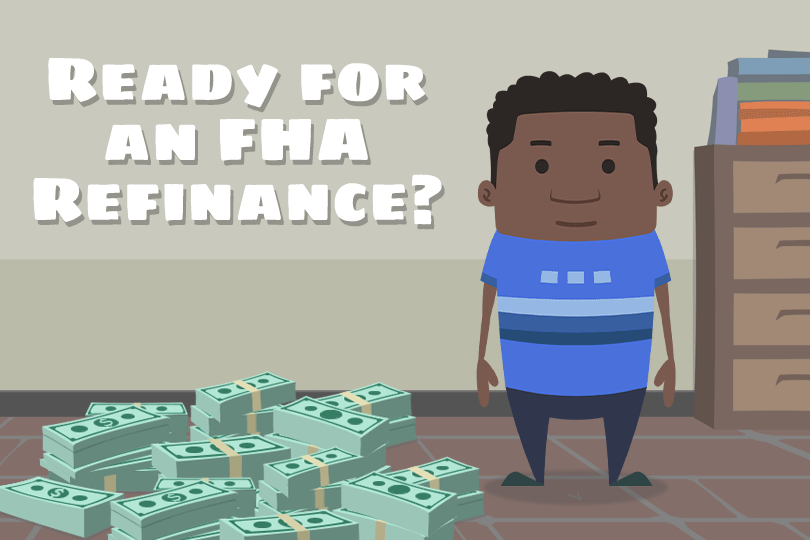Making Informed Choices About FHA Cash-Out Refinances
April 16, 2025
FHA Cash Out Refinance Loan Funds and Investing
Using FHA cash-out refinance funds for investment ventures is a major financial risk, and not just because of the loss of investment money. Borrowed capital secured by your primary residence is inherently dangerous. Day trading or investing in highly speculative cryptocurrencies carries a significant risk of substantial financial loss, regardless of the source of funds.
If these investment activities are funded through your home equity, you remain obligated to repay the increased mortgage amount, irrespective of any investment losses incurred.
All investments carry some risk, and leveraging borrowed funds, especially those secured by a primary asset like your home, amplifies these risks.
Short-Term Financial Issues
Using cash-out refinance money to cover short-term financial needs or unexpected emergencies is never a good idea. That said, some are forced to consider this option, but a clear and sustainable repayment strategy is necessary.
Consider alternative solutions, such as negotiating payment plans with healthcare providers or utilizing dedicated emergency savings. Tapping your home equity for short-term financial gaps without a plan to manage the increased mortgage payments puts borrowers in a difficult economic situation.
Some want to fund purchases like a new vehicle or use the loan proceeds for a down payment on a second property. While doing so might seem appealing, such decisions require careful financial planning to ensure long-term affordability.
Financing a new vehicle through a cash-out refinance essentially creates a long-term loan for an asset that typically depreciates over time. Explore traditional auto loan options with shorter repayment terms.
This is often a more financially sound strategy. Similarly, while acquiring a second property can be a long-term financial goal, using the equity from your primary residence for a down payment may increase your total debt.
You will need a detailed financial plan to manage the mortgage payments, property taxes, insurance, and maintenance costs of both properties.
Before You Apply
Before using a cash-out refinance for major discretionary purchases, thoroughly evaluate your existing budget. Your home equity represents a major financial asset, and tapping its equity through an FHA cash-out refinance demands careful planning.

FHA Loan Articles
January 15, 2025Buying a condo with an FHA loan is an option some don’t consider initially, but it’s worth adding to your list of potential property types. FHA loans for condo units traditionally require condo projects to be on or added to the FHA-approved list. Still, changes in policy over the years allow borrowers to apply for FHA loans on condo units in projects not on the list on a case-by-case basis.
December 30, 2024When applying for an FHA loan, lenders will consider more than just your credit scores and history. They also look at other factors affecting your risk profile and the interest rate they offer you.
One factor is occupancy type. For FHA loans, this is straightforward because these loans require owner occupancy. Investment properties aren't eligible. While conventional loans may have different rates for primary residences, second homes, and investment properties, this isn't a concern with FHA loans.
December 18, 2024Did holiday spending get the better of you? Are you looking for ways to recover your spending plan as you search for a new home?
The holidays are a whirlwind of festivities, family gatherings, and gift-giving. But amidst the cheer, it's easy to lose track of spending. If you're aiming to buy a home in the near future, those extra expenses can have a bigger impact than you might realize, especially if you're considering an FHA loan.
December 17, 2024The Federal Housing Administration provides mortgage insurance on loans made by FHA-approved lenders, making homeownership more attainable for those who might not qualify for conventional loans.
While financial factors like credit score and debt-to-income ratio are key to loan approval, other non-financial aspects can also cause a denial.
December 11, 2024FHA loans, insured by the Federal Housing Administration, are a popular choice for many homebuyers, especially those who need a lower downpayment or more forgiving credit qualifying requirements. FHA loans are primarily intended for primary residences—homes that borrowers will occupy as their main dwelling.







